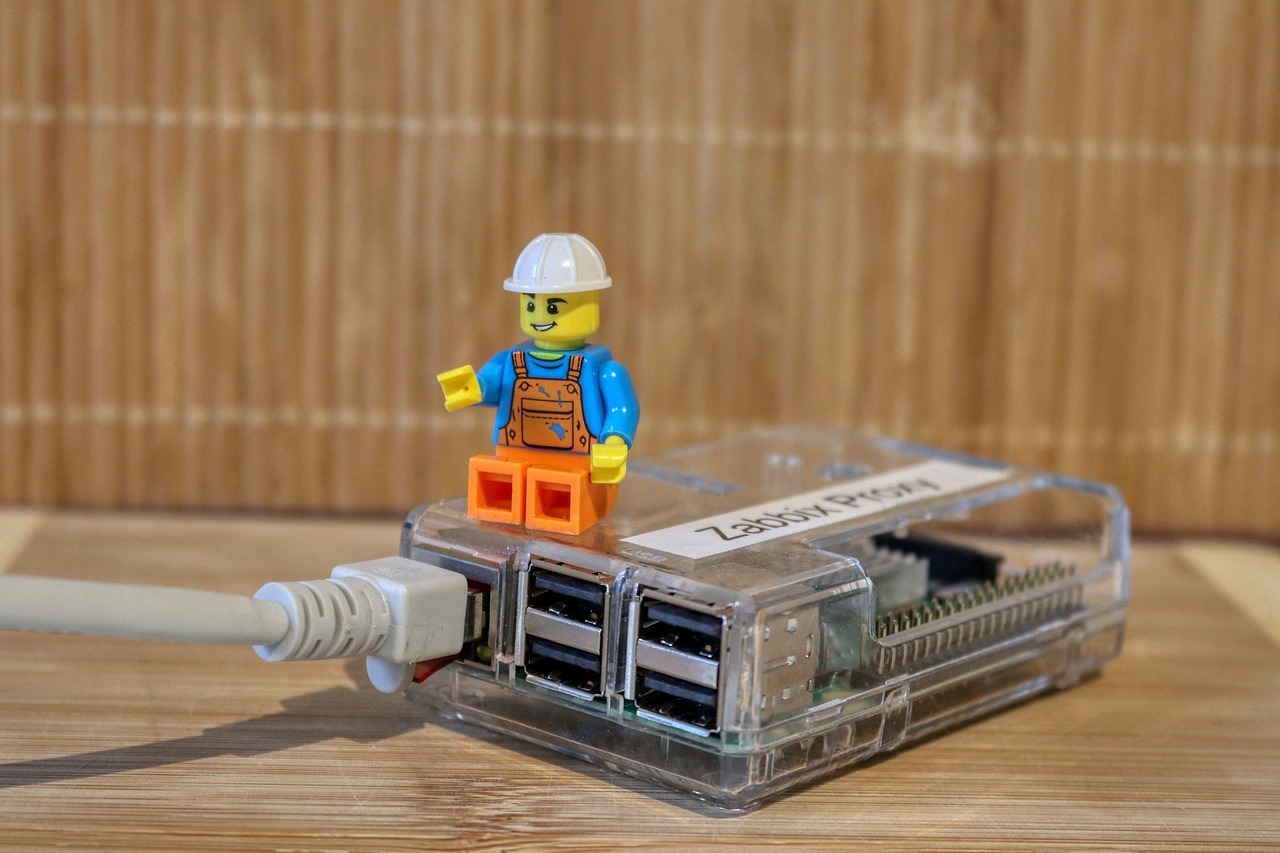Discover what Alphabet, Google’s parent company, is all about. Learn how the restructuring impacted Google’s operations and expanded its horizons.
In 2015, Google underwent a major rebranding, giving birth to Alphabet, its parent company. While Google and Alphabet are not the same, they operate in tandem, with Google now functioning as a subsidiary of Alphabet. The restructuring allowed Alphabet’s divisions to operate independently, beyond the scope of Google’s internet search engine and advertising. However, for users, not much has changed in terms of using Google’s products and services. The difference lies in the corporate structure, providing subsidiaries under Alphabet with more autonomy to pursue separate goals and enter new markets. Alphabet also introduced a new financial reporting system, dividing profits and losses into three segments: Google Services, Google Cloud, and Other Bets. Alphabet is a publicly traded company, with shareholders including Google’s co-founders, Larry Page and Sergey Brin, who hold Class B shares with enhanced voting rights. Alphabet, Google’s parent company, is a multinational technology company that was created by Larry Page and Sergey Brin on October 2, 2015. Its formation was part of a restructuring of Google, aimed at expanding and diversifying the operations of the popular technology company. While Alphabet and Google are related, they are not the same entity. Alphabet became the parent company, while Google now operates as a subsidiary.
As part of the restructuring, Google shares were converted to Alphabet stock. The ticker symbols for these shares are GOOG (Class C shares without voting rights) and GOOGL (Class A common stock). In an open letter, Larry Page explained that the name Alphabet was chosen because it represents language, which is one of humanity’s most important innovations and also a core element of Google’s search. This choice is reflected in the company’s website address, abc.xyz.
Despite the rebranding and restructuring, there has been no change in how users interact with Google’s products and services. The Workspace apps, YouTube, and Maps, among others, remain intact. The difference lies in the corporate structure, with Alphabet providing more autonomy to its subsidiaries to pursue separate goals and enter new markets.
One significant change introduced by Alphabet is the introduction of quarterly financial reports in three segments. These segments are Google Services, Google Cloud, and Other Bets. Previously, there were only reports for Google and Other Bets. The Google Services segment includes apps and products that cover various aspects of technology, communication, and information. These products generate the majority of the company’s revenue and include well-known services such as Google Search, Maps, Play, Chrome, and YouTube.
The Google Cloud segment focuses on providing cloud-based data management tools for individuals and businesses. This includes services like BigQuery, Cloud Storage, Datastore, and Firebase. The Other Bets segment encompasses subsidiaries and innovative projects that are not part of Google’s core operations. Some notable examples include DeepMind, a research and AI development company, and Waymo, a self-driving car development company.
The restructuring of Google into Alphabet has allowed for more accountability and transparency. The introduction of the reporting segments enables investors to monitor the financial performance of Google’s core services and startup projects separately. This also helps isolate the risk associated with each subsidiary, as any failures or roadblocks in one subsidiary would not necessarily impact the others.
In terms of ownership, Alphabet is a publicly-traded company with various shareholders. Larry Page and Sergey Brin, the co-founders of Google, hold Class B shares of Alphabet, which give them 10 times more voting rights compared to Class A shares. However, they own a relatively small percentage of the total shares. It’s important to note that Class B shares are not available for trading on stock exchanges and allow the founders to retain control over the company’s direction and decision-making. Sundar Pichai is the CEO of both Alphabet and Google, taking over the role from Larry Page in 2019.
Under the Alphabet umbrella, there are several companies and subsidiaries. In addition to Google, there are also companies like Waymo, a self-driving car development company, and Calico, a biotechnological company focused on combating age-related diseases. Other subsidiaries include DeepMind, a research and AI development company; Intrinsic, a robotics software and AI company; Google Fiber, a high-speed broadband internet service provider; and Wing, a drone delivery service, among others. These subsidiaries operate independently and are exploring various innovative technologies and solutions.
Alphabet’s rebranding and restructuring have been met with mixed reactions from both supporters and critics. While some applaud the company’s efforts to pursue new horizons and embrace change and progress, others express concerns about the potential risks and unrealistic goals associated with moonshot projects. Only time will tell whether Alphabet’s ventures in various industries and sectors will achieve the desired success and deliver on their promised potential.










![Apple Watch SE (2nd Gen) [GPS 40mm] Smartwatch with Starlight Aluminum Case with Starlight Sport Band S/M. Fitness & Sleep Tracker, Crash Detection, Heart Rate Monitor](https://www.tech-bit.com/wp-content/uploads/2024/06/applewatchse2ndgengps40mmsmartwatchwithstarlightaluminumcase-360x180.jpg)
















![Apple Watch Series 9 [GPS 45mm] Smartwatch with Midnight Aluminum Case with Midnight Sport Band S/M. Fitness Tracker, ECG Apps, Always-On Retina Display, Water Resistant](https://www.tech-bit.com/wp-content/uploads/2024/06/applewatchseries9gps45mmsmartwatchwithmidnightaluminumcasewith-360x180.jpg)



![Apple Watch Ultra 2 [GPS + Cellular 49mm] Smartwatch, Sport Watch with Rugged Black Titanium Case with Black Ocean Band. Fitness Tracker, Precision GPS, Action Button, Extra-Long Battery Life](https://www.tech-bit.com/wp-content/uploads/2024/10/applewatchultra2gpscellular49mmsmartwatchsportwatchwithrugged-360x180.jpg)

































